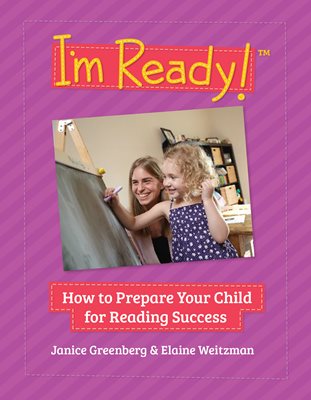
The Wellcome Trust hosts a series of lunchtime discussions with local scientists. Last week Dr Mairéad MacSweeney was talking about her work in the Deafness, Cognition and Language Research Centre, at UCL. The Wellcome Trust recorded a podcast of the discussion, so check it out when it’s published.
Mairéad explained that she uses brain imaging techniques, with people born severely or profoundly deaf who use sign language, to investigate language processing. In deaf native signers (deaf children born to deaf, signing parents) children move through the same developmental milestones as children learning spoken language, and show similar brain activation. Mairéad explained that (in native speakers) the brain treats language as language.
I was interested to hear that in some parts of the country parents of deaf babies are being advised not to use sign language as this will stop babies learning to speak when they go on to get a cochlear implant. Mairéad suggested that research into the plasticity of the brain doesn’t support this idea. Instead, as with children exposed to more than one spoken language, children simply need good quality early language stimulation. They can then use this first language as a base to build another language on top of.
Mairéad told us that deaf children find it particularly hard to learn to read, she quoted a figure: at 16 years old the average reading age of a deaf teenager (with normal non-verbal IQ) is 11 years. Researchers have found that lip reading skills predict reading ability, so Mairéad’s team is developing a computer game to teach young children lip reading, and investigating the impact on reading. If teaching lip reading supports reading, it could be used with other children who struggle to learn to read, such as those with dyslexia.
I asked Mairéad why lip reading predicts reading skills. She explained that lip reading supports identifying phonemes and developing phonological representations. I wondered about children with autism, some who learn to read early. These children aren’t known to face watch, and therefore probably aren’t lip reading. Interesting!
It was a lovely way to spend a lunchtime, keep an eye out for any other relevant talks and go along.
Photo by Image Editor

